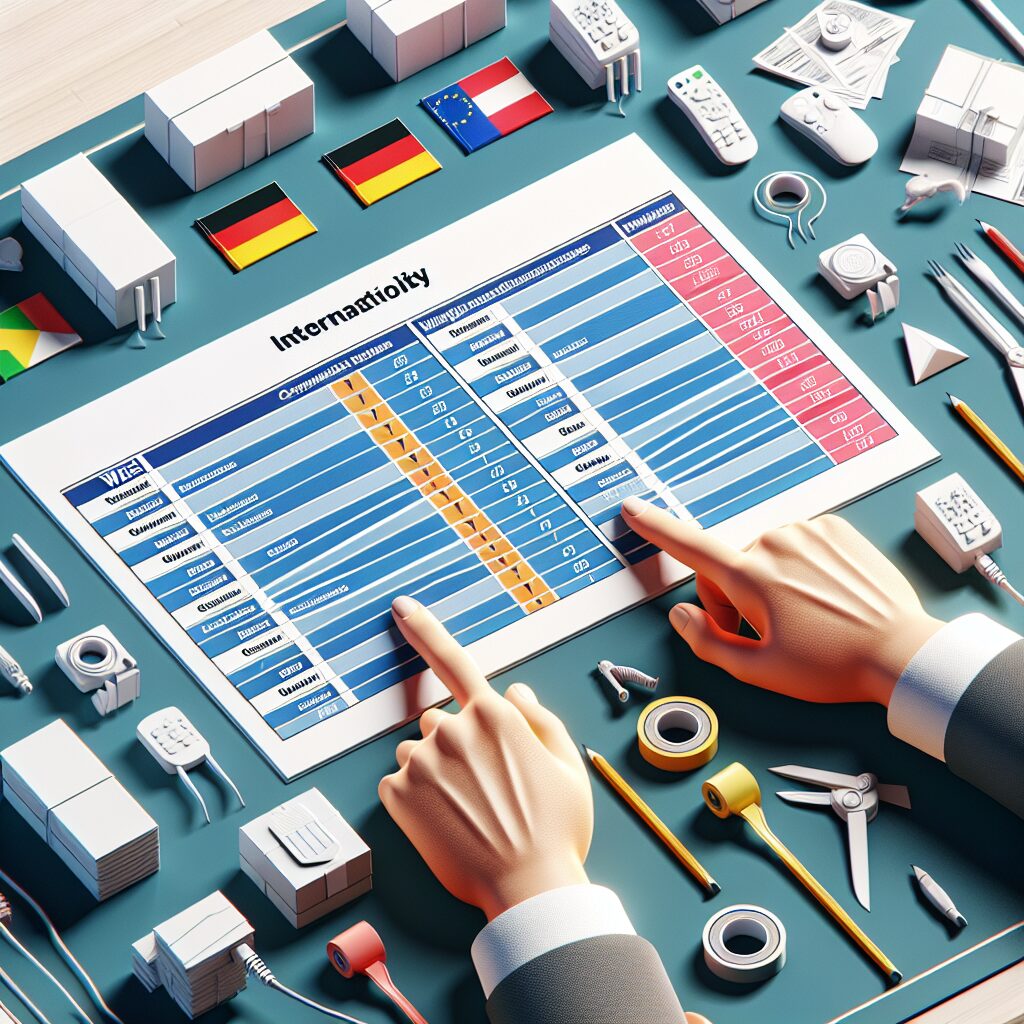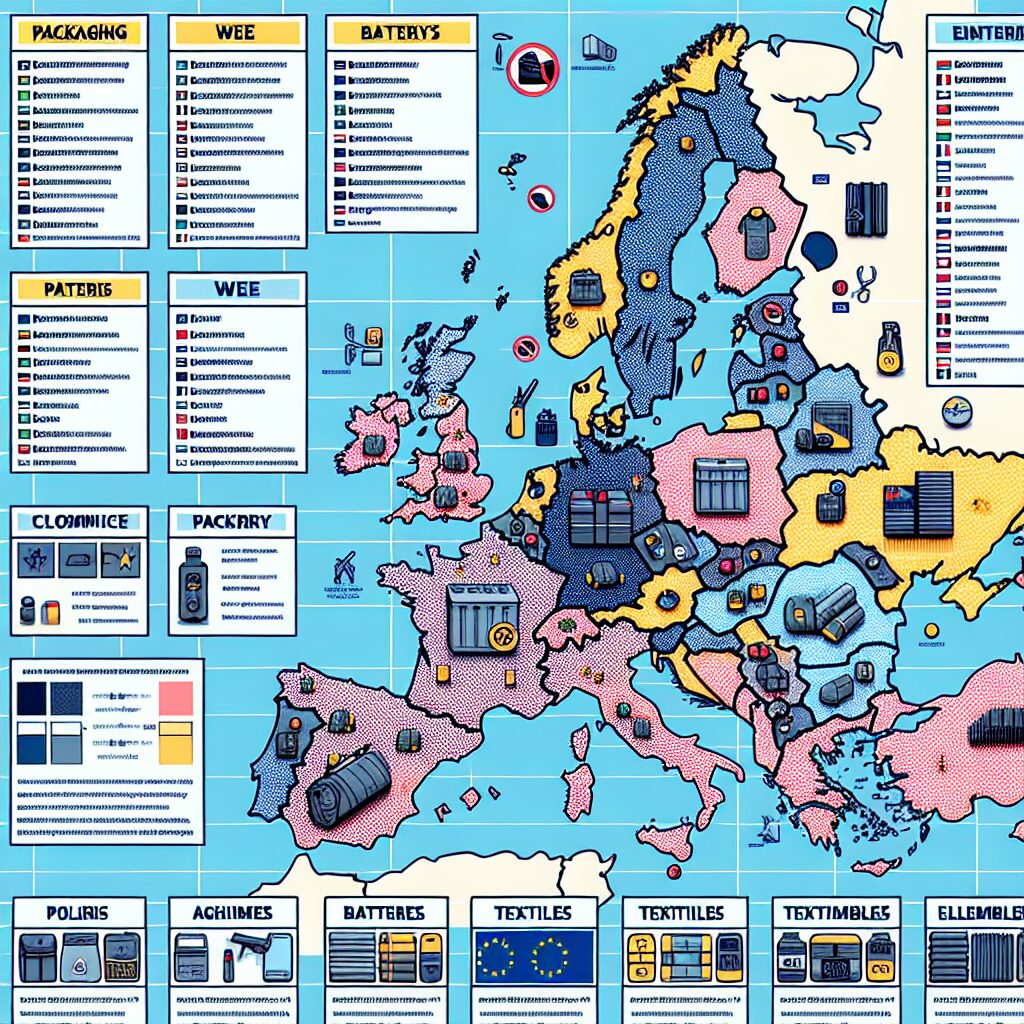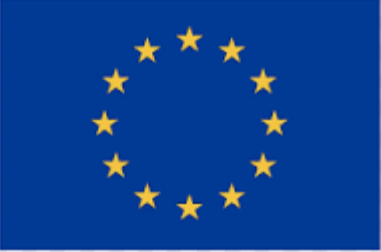About eldris
epr.eldris.ai leads the EPR sector, in fast, automated, AI Agent EU Complaince. LUCID Packaging, WEEE, and Battery Compliance for Brands, E-Commerce and Service based businesses expanding into the EU.
In This Article
- VerpackG Compliance is essential for anyone selling packaged products into Germany.
- Dual system licensing forms the foundation of legal packaging disposal responsibility.
- Marketplace sellers must still act independently to avoid fines or bans.
- Implementation of the 2025 updates requires proactive preparation and reporting processes.
- Automated tools can streamline and scale your compliance efforts efficiently.
Understanding VerpackG 2025: What’s New for Sellers?
Key Updates in the German Packaging Act
VerpackG Compliance is entering a new era in 2025, and with it comes several critical regulatory shifts that all companies operating in Germany must take seriously. Originally introduced to enforce producer responsibility regarding packaging waste, the Verpackungsgesetz (Packaging Act) now mandates stricter controls, broader scope, and increased penalties. Sellers, especially in e-commerce and cross-border trade, are facing expanded obligations.
The 2025 revision introduces heightened transparency regarding material usage, mandatory environmental labelling, and increased scrutiny on “service packaging”. These modifications aim to meet the EU’s Green Deal targets and align with circular economy principles by reducing plastic use, increasing recyclability, and ensuring financial responsibility for end-of-life packaging.
Another pivotal change is a shift in enforcement. Authorities are now collaborating more closely with marketplaces and logistics providers to ensure compliance. This means sellers who fail to comply may see their accounts blocked or goods stopped at customs. Therefore, VerpackG Compliance must become a proactive, not reactive, component of any packaging and logistics strategy.

What Is Dual System Licensing?
Why It Matters for Packaging Waste Compliance
At the heart of VerpackG Compliance lies the concept of dual system licensing. This system was established to ensure that producers take financial responsibility for the packaging waste they generate. Under this mechanism, you must licence your packaging with a certified German dual system that oversees collection, recovery, and proper recycling of the materials.
Essentially, a “dual system” refers to private waste management companies that operate parallel to public waste services. Businesses pay a licensing fee according to the type and volume of packaging placed into the German market. This ensures that the costs of recycling and waste management are pre-funded by those who introduce packaging into circulation, rather than by taxpayers or local governments.
In practice, if you sell or ship products to Germany—even through an online marketplace—you must work with one of the approved dual systems like Der Grüne Punkt, Interseroh, or Veolia. Licencing with one of these ensures that your packaging is legally registered and contributes to sustainable waste management.
“Dual system licensing is not just a bureaucratic necessity, but a vital part of your sustainability and compliance strategy in the German market.”
Who Needs to Register Under VerpackG?
The VerpackG applies to a wide spectrum of industry players, not just traditional manufacturers. If your company places packaged goods on the German market for the first time—whether through physical retail or cross-border e-commerce—you are viewed as the initial distributor and must fulfil VerpackG Compliance obligations.
This includes:
- Domestic producers and manufacturers
- Importers bringing goods into Germany
- Online sellers using platforms like Amazon, eBay, or Shopify
- Foreign companies shipping directly to German consumers
- Third-party logistics providers doing drop shipping on your behalf
If you use packaging that ends up in German households or similar locations (i.e., system-participating packaging), you are mandated to register with LUCID, sign up with a dual system, and report packaging volumes. Failing to meet these obligations can result in severe sanctions, including sales bans and substantial fines.
Step-by-Step: How to Complete LUCID Registration
To begin your VerpackG Compliance journey, you must first register with the LUCID Packaging Register—a public online portal administered by the Zentrale Stelle Verpackungsregister (ZSVR).
Step 1: Gather Company Information
This includes your full company name, address, EU VAT ID, and contact details for a responsible person or representative. These should align exactly with your other regulatory submissions to avoid rejection or delays.
Step 2: Create a LUCID Account
Access the portal at Automate Germany VerpackG compliance with our 2025 tool and create a user account. Once verified, you’ll be sent login credentials to manage your profile and packaging declarations.
Step 3: Choose a Dual System Partner
Select an accredited dual system and sign a service contract. You’ll be required to calculate the material composition and annual volume of your sales packaging. Submission of this data takes place via both the dual system and the LUCID portal to ensure synchronisation.
Step 4: Submit Packaging Volume Reports
Regular reporting—usually quarterly or annually—is mandatory. Keep supporting documentation, as audits may occur at any time. Transparency and timeliness here are essential pillars of your VerpackG Compliance credentials.
Common Mistakes in Dual Licensing & How to Avoid Them
Several frequent errors jeopardise VerpackG Compliance, most of which stem from poor understanding or faulty execution of licensing obligations. Below are the most common pitfalls and how to avoid them:
- Underreporting packaging volumes: Estimations must be accurate. Using actual shipping data from your ERP or e-commerce platforms is advisable.
- Incorrect classification of packaging: Service packaging and product packaging have distinct requirements. Misclassification can result in fines.
- Failure to dual licence for sample or promotional items: All packaging types that reach consumers must be reported, including promotional materials.
- Delays in LUCID or system registration: These processes must be completed before any sales begin. Retroactive compliance is not recognised.
- Assuming marketplaces handle everything: Platforms like Amazon may assist with fulfilment, but responsibility for VerpackG Compliance ultimately lies with the producer/importer.
Automating Compliance: Tools to Simplify VerpackG Requirements
Manually managing registrations, licensing contracts, and volume reports can be a significant administrative burden—particularly for SMEs or sellers operating across multiple EU countries. Fortunately, automation tools now exist to streamline these obligations.
Modern platforms integrate with your fulfilment or ERP systems to automatically track packaging data. Some even provide predictive modelling to forecast your annual licensing volume based on historical transactions. Recommended tools include:
- Pacta for LUCID report generation and submission
- licenseit for dual system quotations and compliance validation
- Reclay Tools, offering multilingual interfaces for international sellers
By using these tools, you enhance accuracy, reduce workload, and minimise compliance risks. Automation also supports tracking regulatory changes, ensuring your packaging remains compliant into 2025 and beyond.
VerpackG for Online Sellers (Amazon, eBay, Shopify)
Online sellers represent a significant share of international packaging circulation in Germany, and as such, face specific compliance challenges. Platforms like Amazon have integrated compliance tools, but their coverage may be limited depending on your seller status.
If you are selling under Fulfilment by Amazon (FBA), you may assume Amazon takes care of VerpackG Compliance. However, FBA only handles part of the packaging process. Sales packaging, promotional inserts, and shipping containers often remain the seller’s responsibility. As a result, many FBA sellers must still register individually with LUCID and a dual system.
Shopify and eBay sellers face a similar scenario. Because these platforms act as marketplaces, they are not deemed producers under VerpackG. Thus, sellers must take independent actions to ensure compliance, including licensing all mailers, cushioning materials, and outsourced logistics packaging.
For detailed guidance specific to Shopify store owners, refer to our Learn more about EU Packaging Compliance & EPR for Sellers tailored packaging compliance roadmap.
Penalties and Fines for Non-Compliance in 2025
The 2025 revision of the Verpackungsgesetz substantially increases financial and legal risks for companies who fail to achieve compliance. Penalties include:
- Fines of up to €200,000 for failure to register or licence packaging
- Marketplace bans (Amazon, eBay, etc.) enforced via LUCID integration
- Confiscation of goods by German customs officials
- Legal action taken by competitors via the Fair Trade Law
Importantly, non-compliance is publicly visible. The LUCID Register is open to scrutiny by consumers, competitors, and enforcement agencies. This reputational element makes VerpackG Compliance critical not only for legality but also for consumer trust and brand integrity.
How to Stay Ahead with 2025 EU EPR Trends
Extended Producer Responsibility (EPR) frameworks are expanding rapidly across the European Union. The trend is clear: harmonisation is coming, and Germany’s VerpackG is serving as a model for EPR directives in neighbouring countries.
Companies operating in multiple EU nations should consolidate their compliance tasks under a centralised partner or software platform. Doing so prevents duplication of efforts and improves consistency across reporting obligations. Keeping abreast of EU EPR updates ensures your VerpackG Compliance efforts complement your broader regulatory strategy.
Explore our Read a related article article comparing EU packaging laws to learn how to align your cross-border compliance plan.
Checklist: Are You Fully VerpackG Compliant?
Use this quick checklist to confirm whether your business is on the right side of VerpackG Compliance in 2025:
- ✅ Registered with LUCID and received confirmation number
- ✅ Contracted with an authorised dual system for 2025
- ✅ Calculated and classified packaging types and materials accurately
- ✅ Submitted volume declarations and documentation
- ✅ Listed in public LUCID Register with current details
- ✅ Reviewed service packaging applicability if reselling or drop shipping
- ✅ Automated tracking or internal controls in place
Conclusion: Simplify and Comply with Confidence
[CONCLUSION_CONTENT]
VerpackG Compliance is no longer a box-ticking exercise—it is an integrated part of doing business legally and sustainably in the German market. With regulations tightening in 2025 and enforcement becoming more proactive, the cost of non-compliance is higher than ever. But with proper understanding, reliable partners, and the right tools, compliance can be streamlined, cost-effective, and brand-enhancing.
Whether you’re a manufacturer, importer, or online seller, the time to act is now—proactively ensure your packaging practices align with the revised German Packaging Act and position your company for success in an eco-conscious future.
Great guide on germany-verpackg-2025-dual-system-licensing-explained – Community Feedback
What is the German packaging Act?
The German Packaging Act, known as VerpackG, regulates packaging requirements, producer responsibilities, and dual system licensing for businesses selling products in Germany. It ensures packaging waste is properly collected, sorted, and recycled. Sellers must register through the LUCID system and comply with dual-system licensing to legally operate in the German market.










